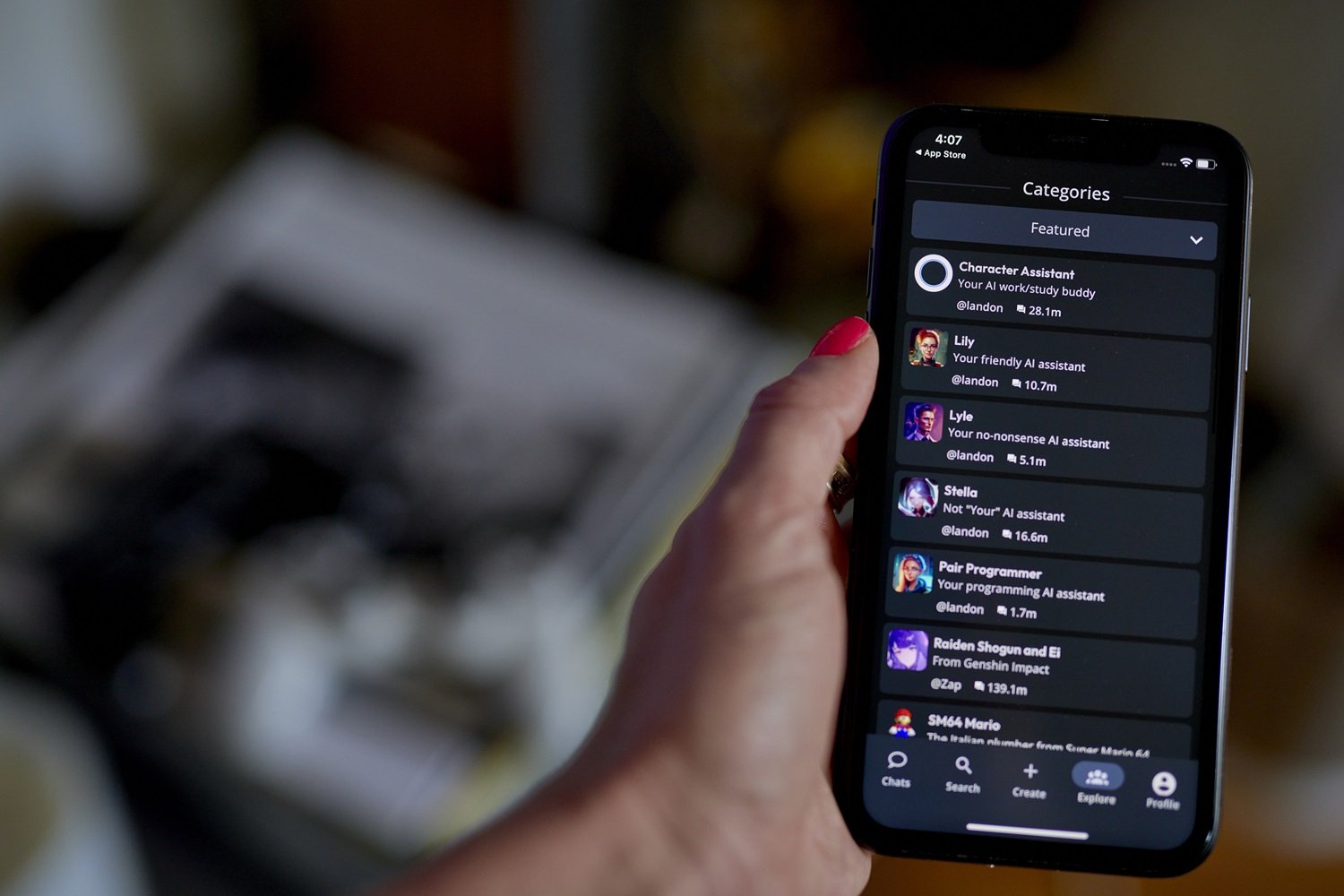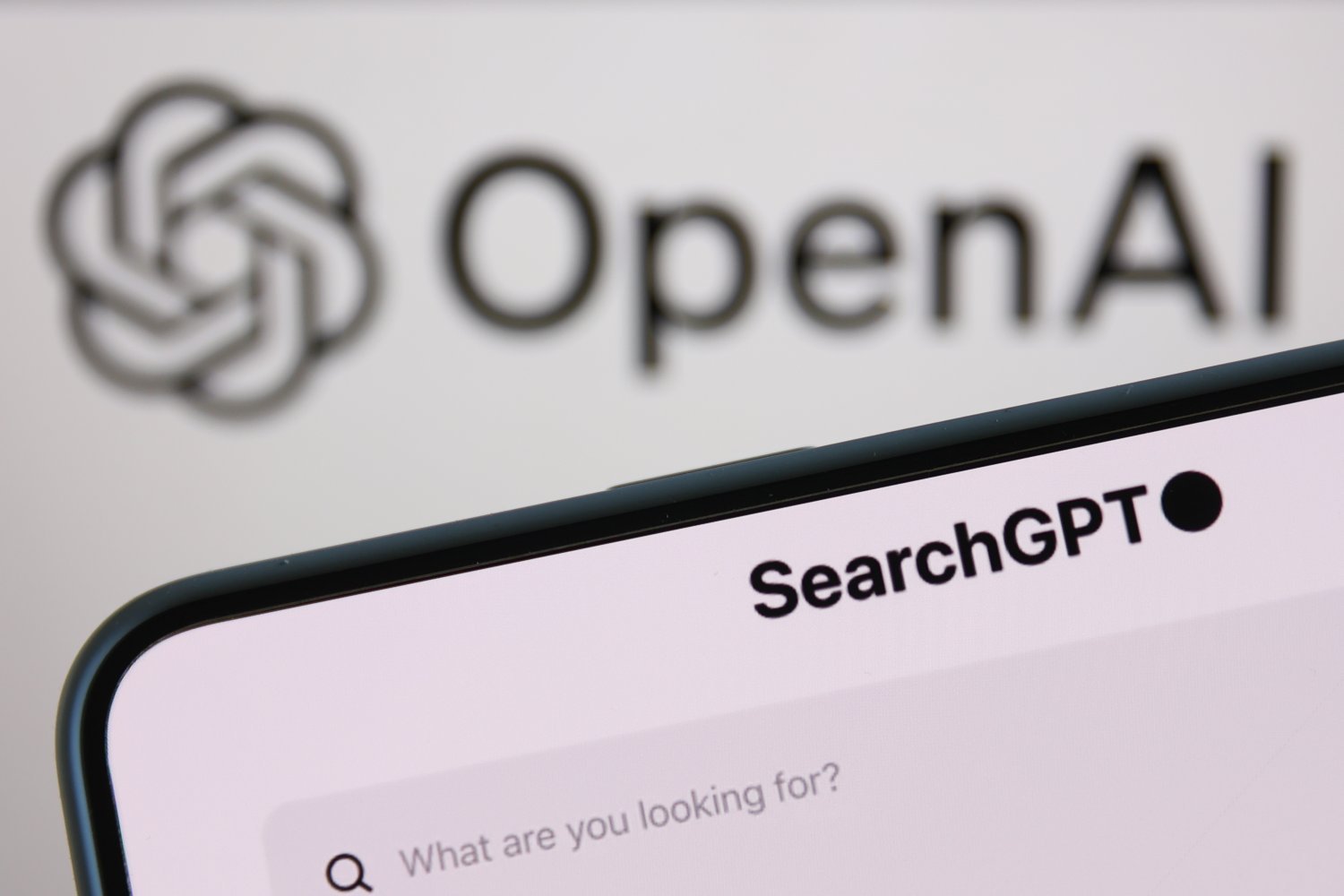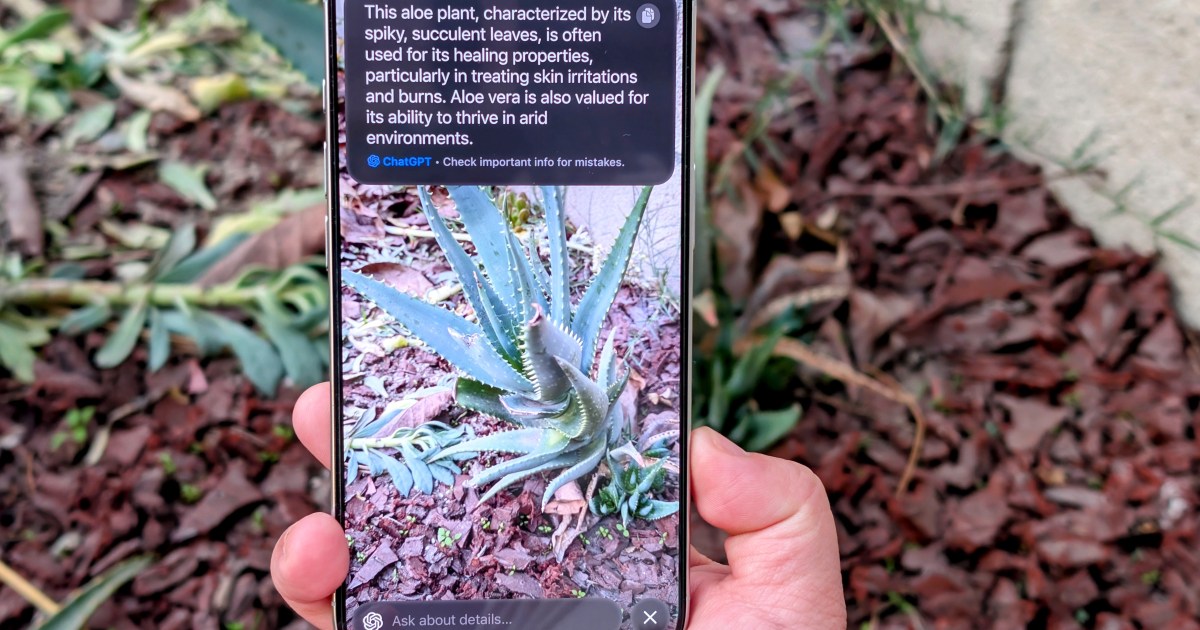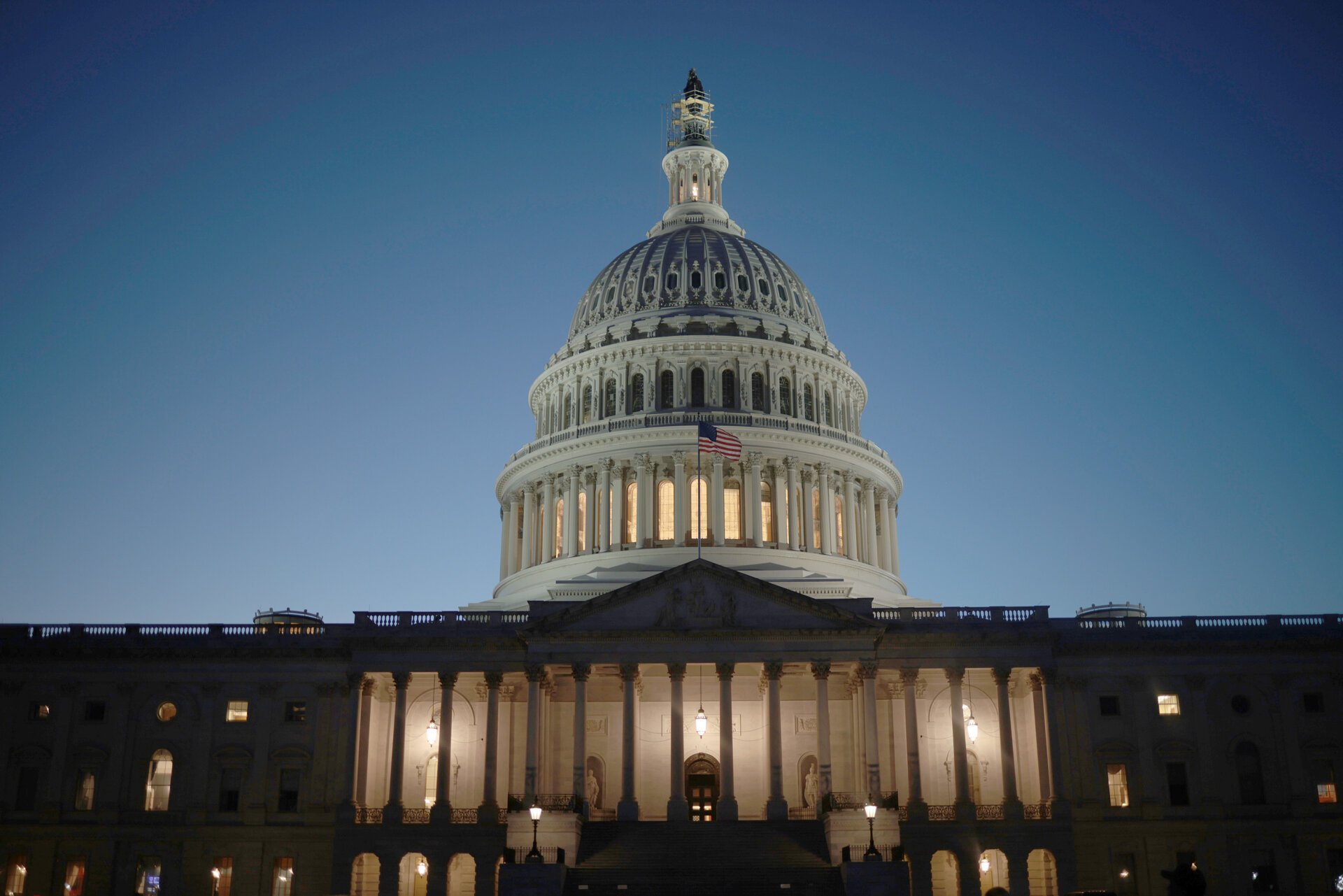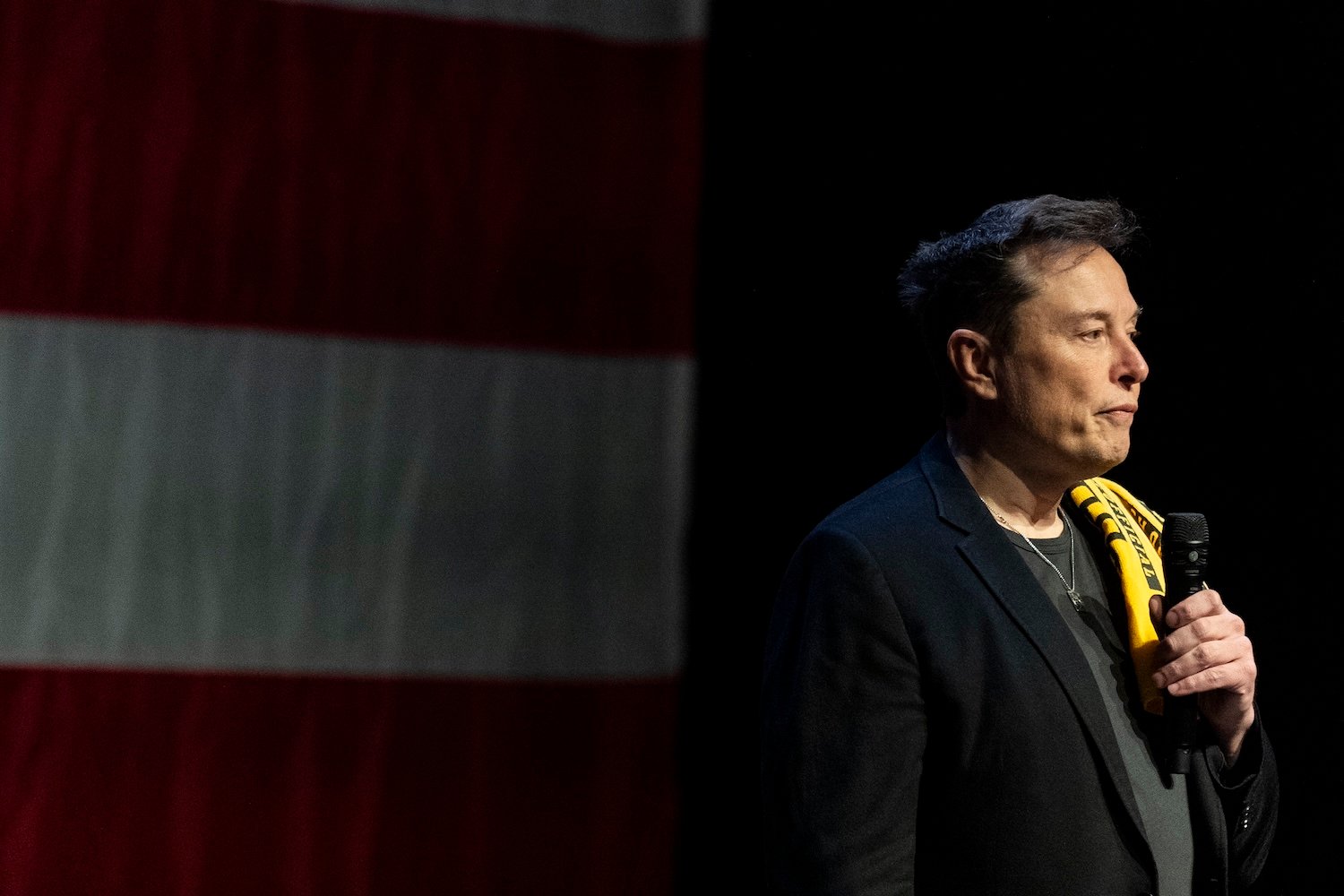Character.AI, a popular AI chatbot platform, is facing renewed criticism for hosting chatbots based on real-life school shooters. A recent Futurism article exposed how these AI characters allow users to engage in conversations about the tragic events and even role-play mass shootings. Some chatbots even portray figures like Eric Harris and Dylan Klebold as positive influences or mental health resources.
This raises concerns about the potential impact of such content, particularly on vulnerable individuals. While some argue that there’s no conclusive evidence linking violent media consumption to violent behavior, others, including psychologist Peter Langman, warn that these chatbots could be dangerous for those already experiencing violent urges. Langman suggests that the lack of intervention or even indifference from a chatbot could be misinterpreted as tacit permission to act on violent impulses.
Character.AI has yet to respond to requests for comment on this issue. Google, a significant investor in the startup, has distanced itself, emphasizing Character.AI’s independence and stating that they don’t utilize the company’s AI models.
Futurism’s investigation uncovered a disturbing array of school shooting-related chatbots, all created by individual users. One user alone has developed over 20 such bots, amassing over 200,000 chats. These chatbots feature infamous figures like Vladislav Roslyakov, Alyssa Bustamante, and Elliot Rodger, often glorifying their actions. One bot even referred to Rodger as a “perfect gentleman,” echoing the rhetoric of his misogynistic manifesto.
While Character.AI officially prohibits content promoting terrorism or violent extremism, their moderation practices appear inadequate. The platform recently implemented changes following the tragic suicide of a 14-year-old boy obsessed with a Daenerys Targaryen chatbot. Despite these changes, Futurism reports that minors can still register and engage in conversations related to violence, bypassing keyword restrictions.
Due to Section 230 protections in the United States, Character.AI is unlikely to be held legally responsible for user-generated content. However, the ethical implications of hosting such chatbots remain a significant concern. The line between allowing discussion of sensitive topics and protecting users from harmful content is a delicate one. While some creators argue that these chatbots are “educational,” the prevalence of gratuitous violence suggests otherwise.
Character.AI boasts tens of millions of monthly users who engage with chatbots designed to serve as friends, therapists, or even romantic partners. Numerous reports highlight how individuals develop dependencies on these chatbots for companionship and emotional support. While chatbots may offer a temporary escape from loneliness, psychologist Langman cautions that this reliance can detract from real-world social interaction.
He argues that excessive time spent interacting with chatbots could prevent individuals from pursuing healthier social activities and developing crucial social skills. This raises concerns about the long-term consequences of relying on AI for emotional fulfillment.
In conclusion, Character.AI’s handling of school shooter chatbots raises serious ethical questions about the platform’s responsibility in moderating user-generated content and protecting vulnerable users. While chatbots can potentially offer companionship and facilitate difficult conversations, their misuse and potential for harm cannot be ignored. The need for a more robust and ethical approach to content moderation in the rapidly evolving world of AI is becoming increasingly apparent.



